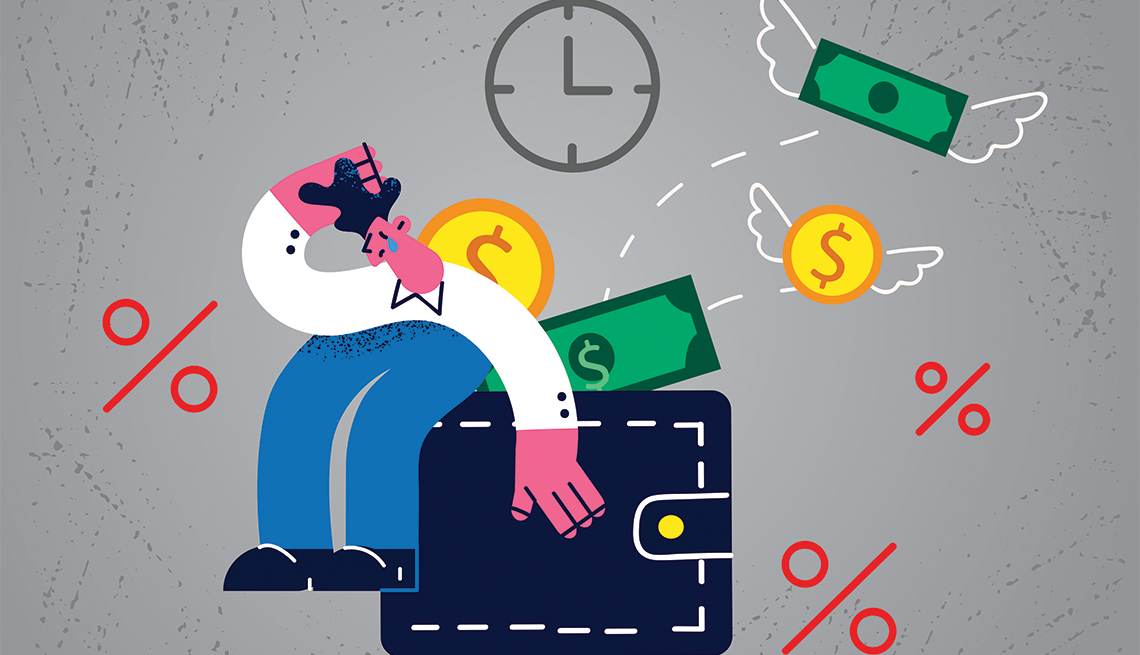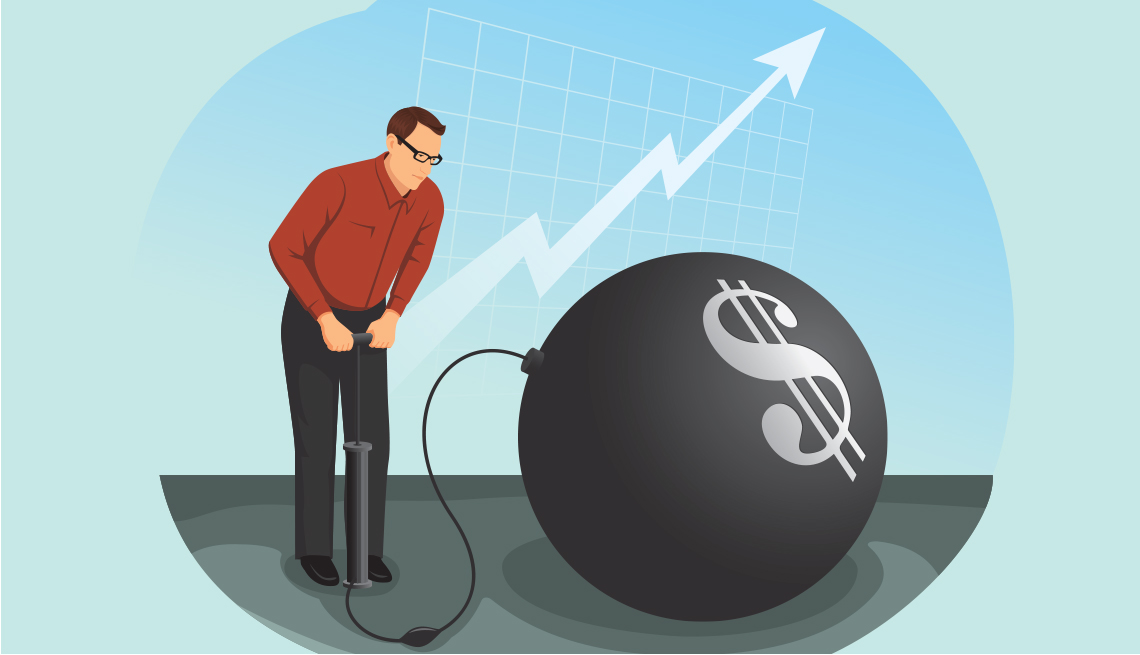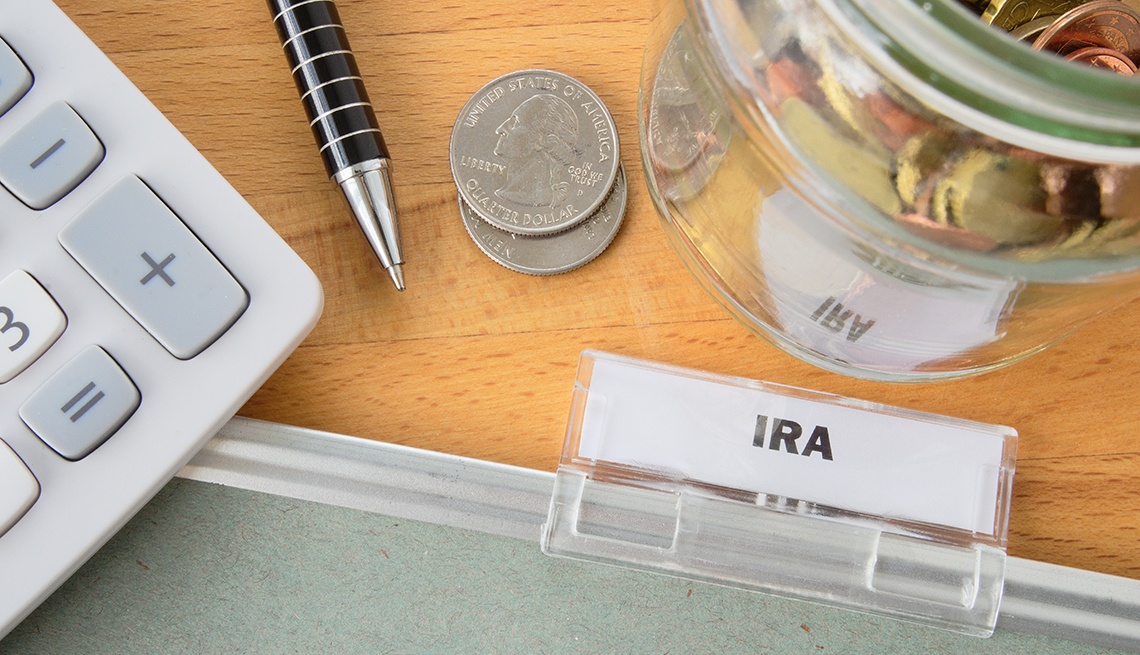AARP Hearing Center


If worrying about running out of money in retirement is keeping you up at night, you aren’t alone. Untold numbers of older adults have that concern, and for good reason. Inflation is still elevated, interest rates are rising and people are living longer. All of which means your money has to work harder to last.
“Everybody is losing sleep” about retirement, says Bryan Kuderna, a certified financial planner. “It’s definitely a bigger one for women, who have longevity in their genes.”
You can’t control inflation and interest rates, but you can take steps to control how long your money lasts in retirement. If any of the actions below sound familiar, it may be time for a reset.
1. Too much spending in the early days of retirement
Your entire working life was spent amassing money for retirement, so who can blame you if you want to spend it early on. But do too much of that and you may run into problems down the road. “One of the big things we see is as soon as people retire, they treat every day like it’s Saturday,” says Kuderna. “They go into retirement projecting their expenses today will stay that way the rest of their lives. A few extra vacations and trips with family and friends, and before they know it, they spent their retirement account in year one or two.”
How to fix it? Rein in your expenses or get a part-time job to supplement your income. Not sure where to begin? AARP’s Money Map helps you create a budget and build emergency savings.
2. Gifting too quickly
It’s natural to want to help your children and grandchildren out, but too much of a good thing can leave you penniless. Before you book that cruise for the entire family or give your child the down payment for a home, make sure you can afford to. “The rule of thumb I tell my clients is first make sure you’re taking care of yourself financially,” says Matthew Curfman, a certified financial planner and president and co-owner of Richmond Brothers. “If you don’t take care of yourself, you can’t help others financially.”
How to fix it: Learn to say no, at least for now. Make sure you have enough cash in the bank to live comfortably in retirement, and then lend a helping hand.
3. Upsizing instead of downsizing
Some people go into retirement with the intention of downsizing to a smaller home but then end up doing the opposite. Instead of saving on housing, they spend more. “They think they will downsize and will have all this equity from the house, so they buy a little condo up north and a little condo down south to do the snowbird thing. And all of sudden they didn’t downsize, they changed the situation,” says Kuderna.
How to fix it: Don’t treat the equity in your home as a windfall. Count it as an income stream you can live off of in retirement.



















































































More From AARP
A Field Guide to Bear Markets
You can learn to live with them, but not love themAARP's Retirement Calculator
Map out your future with AARP’s Retirement CalculatorA Recession Survival Guide for Retirees
How to protect your nest egg in an economic downturn